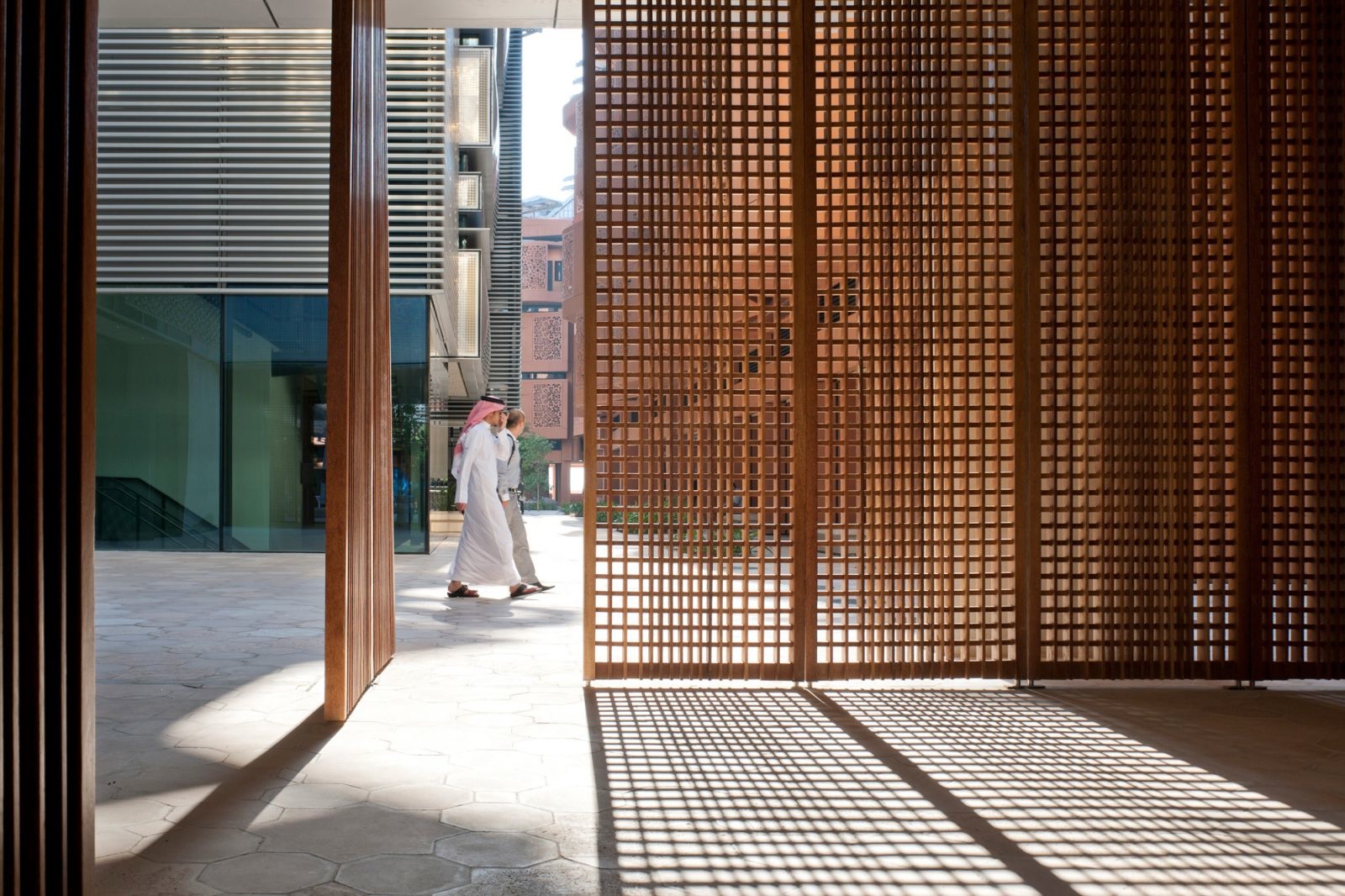Sand-resistant solar panels for Middle East from Siemens, Masdar


Siemens AG took a step towards reversing that today. It announced a joint research project to develop coatings that would enable solar panels to better withstand sand, dust and "other forms of soiling" common in the desert environment of the Middle East.
Siemens is working with the Masdar Institute of Science and Technology, an MIT-affiliated graduate university in Abu Dhabi that is part of the Masdar group of companies owned by the Abu Dhabi government. Together, they will also develop more effective "soiling models" for solar panels, Siemens said in a press release. The panels will require less water to clean than is normal, a clear benefit in a dry climate.
"With the current agreement we are addressing the special challenges associated with deploying PV in the Middle East," Martin Pfund, CEO of Siemens Energy's photovoltaic business unit, said in the release. "Higher revenues gained with solar panels that become less soiled and cost less to clean are an important lever for making photovoltaic electricity competitive, especially in desert regions."
The release did not elaborate in detail on how Siemens and Masdar would improve sand-resistance. Masdar professor Dr. Matteo Chiesa said the process involves atomic force microscopy and nanoscale manipulation of materials.
Despite a wealth of sunshine, no Middle East country has a place among the world's top 10 solar countries. Recent developments in Dubai - a fellow emirate to Abu Dhabi in the United Arab Emirates - and in Oman suggest that the technology could be picking up pace in the region. Factors other than sand-resistance will determine its fate. For instance, Saudi Arabia policy looks intent on advancing nuclear power more than solar, although solar is on the agenda.
Projects like Siemens' should help. (It also addresses the comment posed by SmartPlanet reader "jtdavies," who wondered after last week's Dubai story what a sandstorm would do to a solar panel).
As a sign of its commitment to the year-long initiative, Siemens as previously announced is locating its Middle East headquarters in Masdar City, where Masdar Institute is located. Siemens has been building up a global presence in renewable energy, particularly in wind and solar, as it bows out of the nuclear industry. It is also charting growth in the gas turbine industry, having recently registered significant sales to Russia and Saudi Arabia.
Like the university, Masdar City is also part of the Masdar group of companies, owned the Abu Dhabi government's Mubadala Development Company. It's a modern 6-square-kilometer (2.3 square miles) cluster 17 kilometers (10.5 miles) from downtown Abu Dhabi built on sustainability principles including pedestrian friendliness, solar power and passive cooling and shading.
It bans conventional cars in favor of public transport in the form of electric pod cars (forget for a second that you'll probably drive to the city gates in a gas guzzler!). The buildings stand close together above narrow walkways, and vertical wind cones draw drafts to facilitate breezes, in principle.
Masdar City's cost has been estimated at between $15 billion and $30 billion, paid for - with, ahem, oil money - by Abu Dhabi's ruler, Sheikh Khalifa bin Zayed Al Nahyan. It aspires to have 40,000 residents and hundreds of businesses. Industrial companies GE, BASF and Schneider also have offices there, as do the Korea Technopark Association, the Swiss Village Association and the International Renewable Energy Agency.
More sunshine, Middle East and Siemens:
- Saudi Arabia taps China for nuclear
- German investors fund Oman solar project
- Sheik ‘n Bake: Dubai’s ruler plans huge solar farm
- Infographic: Top 10 solar countries
- Siemens bags another offshore wind project
- Siemens steps on the gas in Russia
- Construction of world's biggest solar project starts in 2012
- Siemens rides international alpine solar wave
- Siemens exits nuclear
This post was originally published on Smartplanet.com